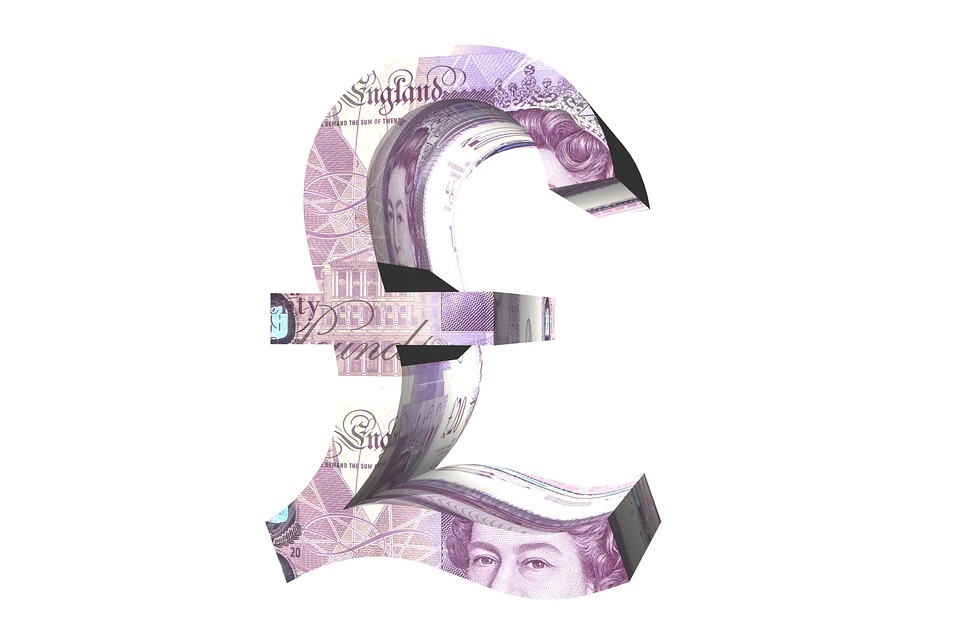The UK economy grew by almost 5 per cent in the second quarter of this year, new figures have revealed.
Data released today by the Office for National Statistics (ONS) shows a 4.8% rise in gross domestic product (GDP) between April and June, coinciding with the easing of lockdown restrictions.
Along with the reopening of bars and restaurants, the ONS said another factor contributing to the national income growth was the increase in the number of people attending their GP surgeries.
According to the official statistics body, the number of people visiting their doctor for non-Covid complaints rose, increasing the consumption of health services by 5.1% in the second quarter.
Deputy national statistician for economic statistics Jonathan Athow said: “The UK economy has continued to rebound strongly, with hospitality benefiting from the first full month of indoor dining, while spending on advertising was boosted by the reopening of many services.
“Health services also showed growth, with many more people visiting their GP.
“GDP is still around two percentage points below its pre-pandemic peak.”
To find out more about how we can assist you with your Second Charge Mortgage please click here
Economists at Pantheon Macroeconomics had expected GDP to grow by 0.6% in June, and 4.7% across the quarter.
The Bank of England had predicted growth of 5% across the quarter.
However, the surge of the Covid-19 Delta variant and the boom in the number of people self-isolating undermined some of this growth.
Nevertheless, the data marks a major improvement from the first months of the year.
In the first quarter the economy contracted by 1.6% as it battled with prolonged lockdowns.
That data covered the period to the end of March, so did not include the reopening of outdoor hospitality in April and indoor hospitality a month later.
Chancellor Rishi Sunak said: “I know there are still challenges to overcome, but I feel confident in the strength of the UK economy and the resilience of the British people.”
But the Liberal Democrats and the Trades Union Congress warned against thinking that support could be withdrawn from the economy because of higher GDP.
TUC general secretary Frances O’Grady said: “The economy is still fragile, with nearly two million people still on furlough.
“A premature end to furlough will needlessly cost jobs and harm our economic recovery.”
Liberal Democrat Treasury spokeswoman Christine Jardine said: “These figures shouldn’t lull us into thinking that all our problems are solved. We still face potentially massive obstacles if the Government goes ahead with ending the furlough scheme and the Universal Credit uplift at the end of next month.
“Hard-pressed families and struggling businesses need more reassurance than improving GDP figures – they need support extended into next year.”
The ONS also reported that the UK’s trade deficit, excluding precious metals, rose by £3.6 billion to £5.2 billion in the second quarter of the year.
In June exports to non-EU countries fell by 5.6%, mainly due to drops in sales of pharmaceuticals and cars to countries outside Europe.
Exports to EU countries rose 1.2% in June, the statisticians said.
By Hannah Rodger
Source: Herald Scotland
Discover our Second Charge Mortgage Broker services.



